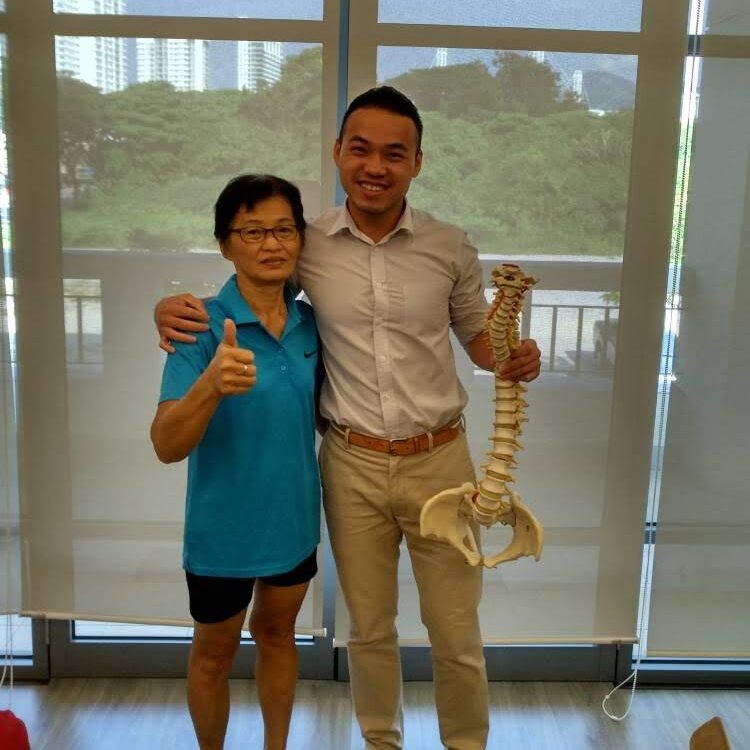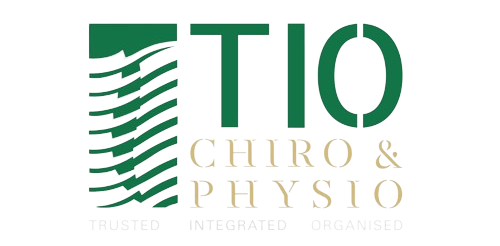
Why Desk Jobs Hurt More Than We Think
Modern work life might look comfortable – air-conditioned spaces, ergonomic chairs, and screen time from home or office. But if you’re among Malaysia’s growing desk-bound crowd, you’re likely familiar with dull backaches, neck stiffness, and lingering fatigue. These seemingly harmless routines can quietly chip away at your spinal health. Chiropractic care offers a way to address these issues before they become chronic.
The Real Toll of Sitting 8 Hours a Day
When you’re seated for long periods, especially with poor posture, your spine compresses, hip flexors tighten, and circulation slows down. According to the American Chiropractic Association, prolonged sitting increases the risk of spinal disc problems and chronic pain.
Malaysia’s remote and hybrid workforces are feeling this more than ever. With makeshift home setups replacing ergonomic office chairs, spinal misalignments are on the rise in Petaling Jaya and beyond.
Posture Isn’t Just About Sitting Straight
Most people think posture is about pulling your shoulders back or sitting upright. In reality, it involves spinal alignment, muscle balance, and consistent movement. Bad posture becomes habitual – rounded shoulders, forward head tilt, or a tilted pelvis – leading to long-term muscular strain.
Corrective chiropractic care doesn’t just correct posture – it retrains your body to maintain it naturally.
Screen Time and Spinal Misalignment
The more screen time you log, the more likely you are to lean forward or slouch. This causes “tech neck,” which adds up to 60 pounds of pressure on your cervical spine, based on research by Dr. Kenneth Hansraj published in Surgical Technology International. A chiropractor can help reduce that strain and restore natural curvature.
How Corrective Chiro Supports Spinal Health at Work
 Chiropractic adjustments are more than just cracking your back – they’re a methodical, evidence-based approach to restoring joint mobility and spinal balance.
Chiropractic adjustments are more than just cracking your back – they’re a methodical, evidence-based approach to restoring joint mobility and spinal balance.
Realigning the Spine for Long-Term Relief
Misalignments – or subluxations – interfere with nerve flow and muscle function. Corrective chiropractors gently realign these areas, reducing pain and improving communication between your nervous system and muscles.
Easing Back, Neck, and Shoulder Pain
Office workers commonly report pain in the lower back and trapezius region. These issues are often caused by repetitive posture habits. At TIO Chiro & Physio, we see patients weekly who experience relief after a series of personalised adjustments tailored to their workstation habits.
Improving Flexibility and Range of Motion
When your joints move better, you feel better. Adjustments combined with stretching techniques can improve mobility, especially in the thoracic spine, hips, and shoulders – common trouble spots for desk workers.
Supporting Nervous System Function
Chiropractic care influences more than just muscles and joints. By removing spinal interference, it supports better nerve function, which can improve your focus, energy levels, and stress response.
Read more: Is Chiropractic Safe?
Physiotherapy vs Chiropractic: When to Use Which?
 Both physiotherapy and chiropractic have their place – and often, they work better together.
Both physiotherapy and chiropractic have their place – and often, they work better together.
Office Injuries That Benefit From Physiotherapy
If you’re recovering from a sprain, repetitive strain injury (RSI), or muscle tightness due to overuse, physiotherapy may be ideal. Treatment might involve manual therapy, dry needling, and strengthening exercises.
When to Consider Chiropractic Adjustment
Persistent stiffness, misalignment, or chronic back and neck pain usually points to spinal issues. A chiropractor for back pain can address the root cause rather than just masking the symptoms with medication.
The Power of Combining Both
At TIO Chiro & Physio, we believe in integrated care. That means leveraging both physiotherapy and chiropractic to treat the full picture – not just isolated symptoms. This team approach often leads to faster recovery and more sustainable results.
Workplace Fixes That Actually Work
 Improving spinal health doesn’t stop at the clinic. Your daily habits at work matter just as much.
Improving spinal health doesn’t stop at the clinic. Your daily habits at work matter just as much.
Ergonomic Desk Setup Essentials
You don’t need a high-end ergonomic chair to make a difference. Ensure your screen is at eye level, your feet rest flat on the floor, and your elbows form a 90-degree angle. Consider using a lumbar support cushion to reduce lumbar pressure.
Harvard Health recommends adjusting your chair height so your knees are level with your hips to encourage natural spinal alignment.
Micro-Movements That Reduce Stiffness
Get up every 30 minutes. Walk to get water. Roll your shoulders. Do a quick hamstring stretch. These micro-movements increase circulation, reduce joint stiffness, and break the cycle of sedentary pain.
Simple Stretches You Can Do at Home and the Office
Not every solution requires equipment or a gym. These stretches help reverse the toll of sitting and can be done anywhere – in your living room or between Zoom calls.
Standing Chest Opener
Stand in a doorway, place your arms on the frame, and gently lean forward. This opens up tight chest muscles and combats rounded shoulders.
Cat-Cow Stretch
On your hands and knees, alternate between arching and rounding your back. It promotes spinal mobility and eases tension from prolonged sitting.
Hip Flexor Stretch
Step one foot forward into a lunge, keeping the back leg extended. Lean slightly forward to stretch the hip flexors, which often shorten from sitting.
Seated Spinal Twist
Sit tall in your chair, place one hand on the opposite knee, and twist gently. This promotes spinal rotation and releases tension in the mid-back.
Do these daily, and over time, they support posture correction and reduce tightness from long hours at the desk.
What to Expect During a Corrective Chiro Session
Not sure what happens behind the treatment door? Here’s what a typical visit might involve at TIO Chiro & Physio.
Initial Assessment and Posture Review
Your session starts with a full evaluation: how you sit, stand, and move. Your chiropractor may use visual assessments, palpation, and movement testing to identify imbalances.
Treatment Plan Based on Your Work Routine
Your plan isn’t pulled from a template. It considers how many hours you sit, your workstation ergonomics, past injuries, and fitness level. From there, adjustments, stretches, and at-home care are prescribed.
Progress Tracking and Adjustment Frequency
Results aren’t guessed – they’re measured. Every few sessions, we reassess range of motion, pain levels, and posture to ensure your plan is still working. Most office workers see meaningful change within 4-6 sessions.
FAQs About Chiropractic for Office Workers
Yes. Corrective chiro is safe and effective when performed by qualified professionals, especially for those with sedentary habits.
Absolutely. Chiropractic care is one of the most researched non-invasive solutions for spinal-related pain and tension headaches.
It depends on the condition. Some patients feel relief in 1-2 sessions, while others with chronic issues may need a longer plan.
Chiropractic sessions generally range from RM100 to RM250*.
*Prices are based on current market trends and may not reflect actual fees at TIO Chiro & Physio. Please contact us directly for the most accurate and up-to-date pricing.
Yes. Combining both often results in faster, more comprehensive recovery, especially for desk-related issues.
Why Should You Choose TIO Chiro & Physio?
As a trusted physiotherapy clinic in Petaling Jaya, TIO Chiro & Physio is committed to holistic care that prioritizes patient comfort and long-term wellness. Here’s why patients choose us:
Expert Practitioners
Our team has extensive experience in chiropractic and physiotherapy, ensuring safe and effective treatments.
Customized Care Plans
We understand that each patient is unique. Our percussive therapy sessions are designed to meet your specific needs.
Convenient Location
Situated in Petaling Jaya, we are easily accessible for locals, professionals, and families.
Holistic Philosophy
Beyond pain relief, we focus on improving your overall health and quality of life.




